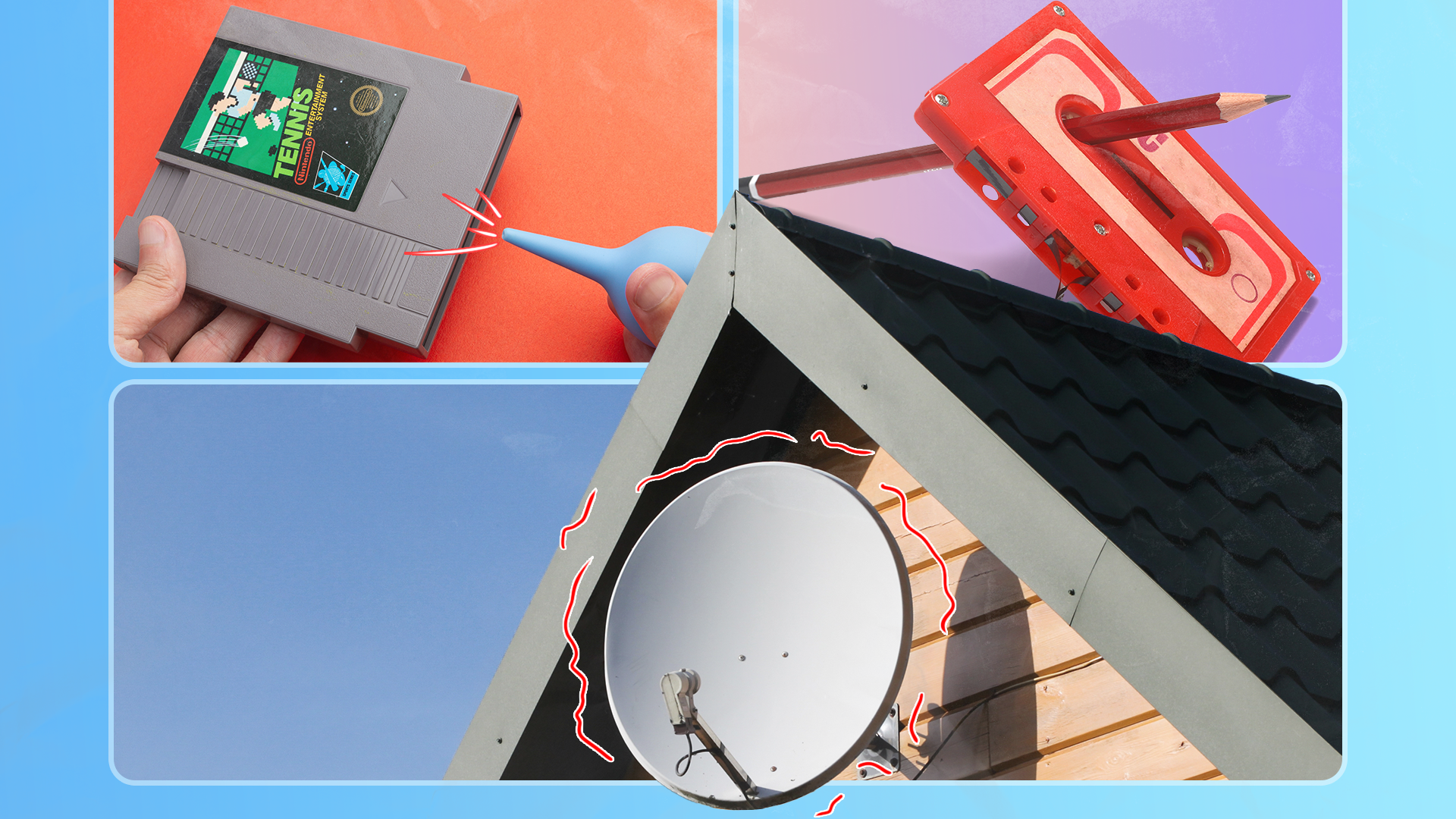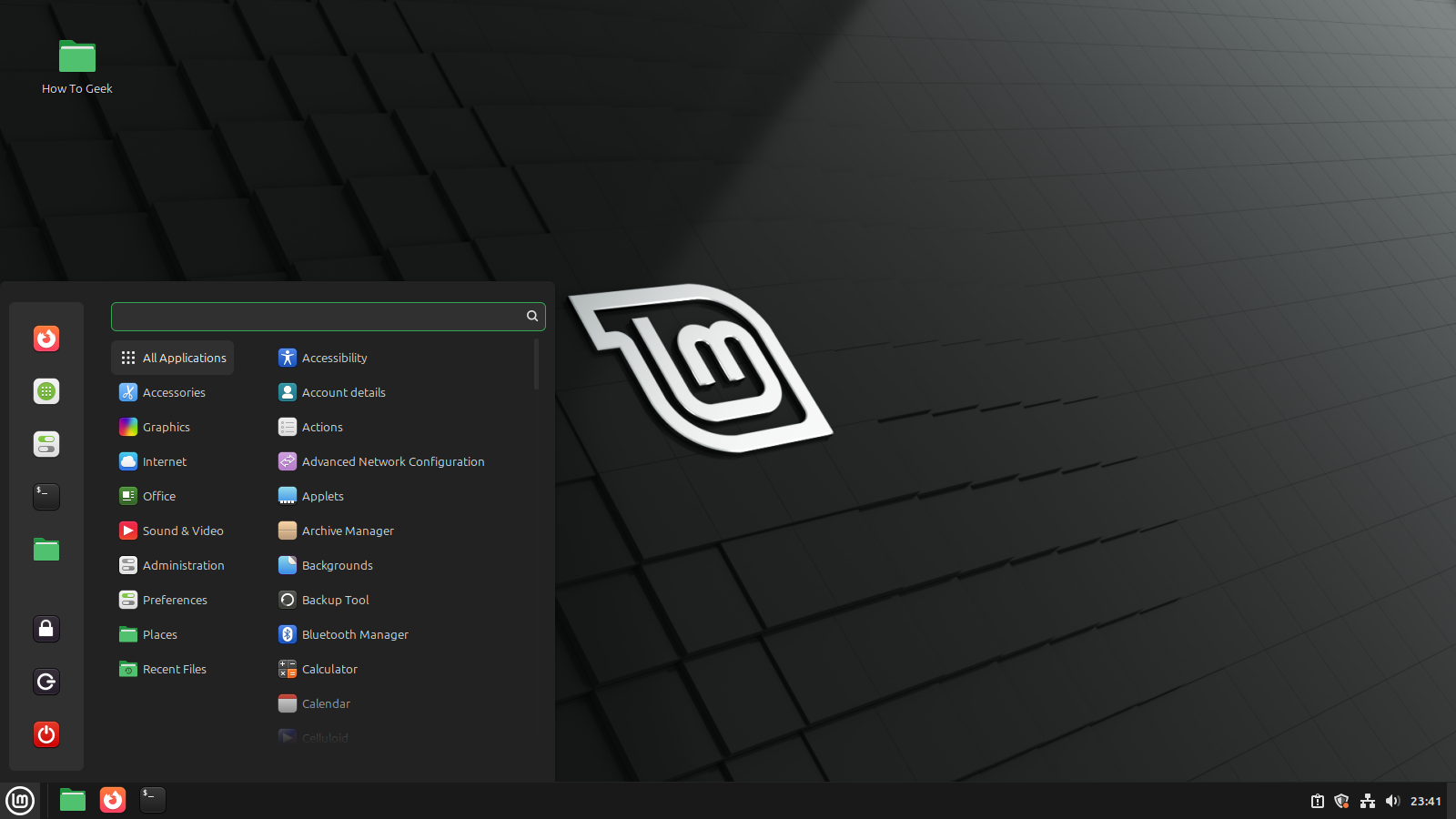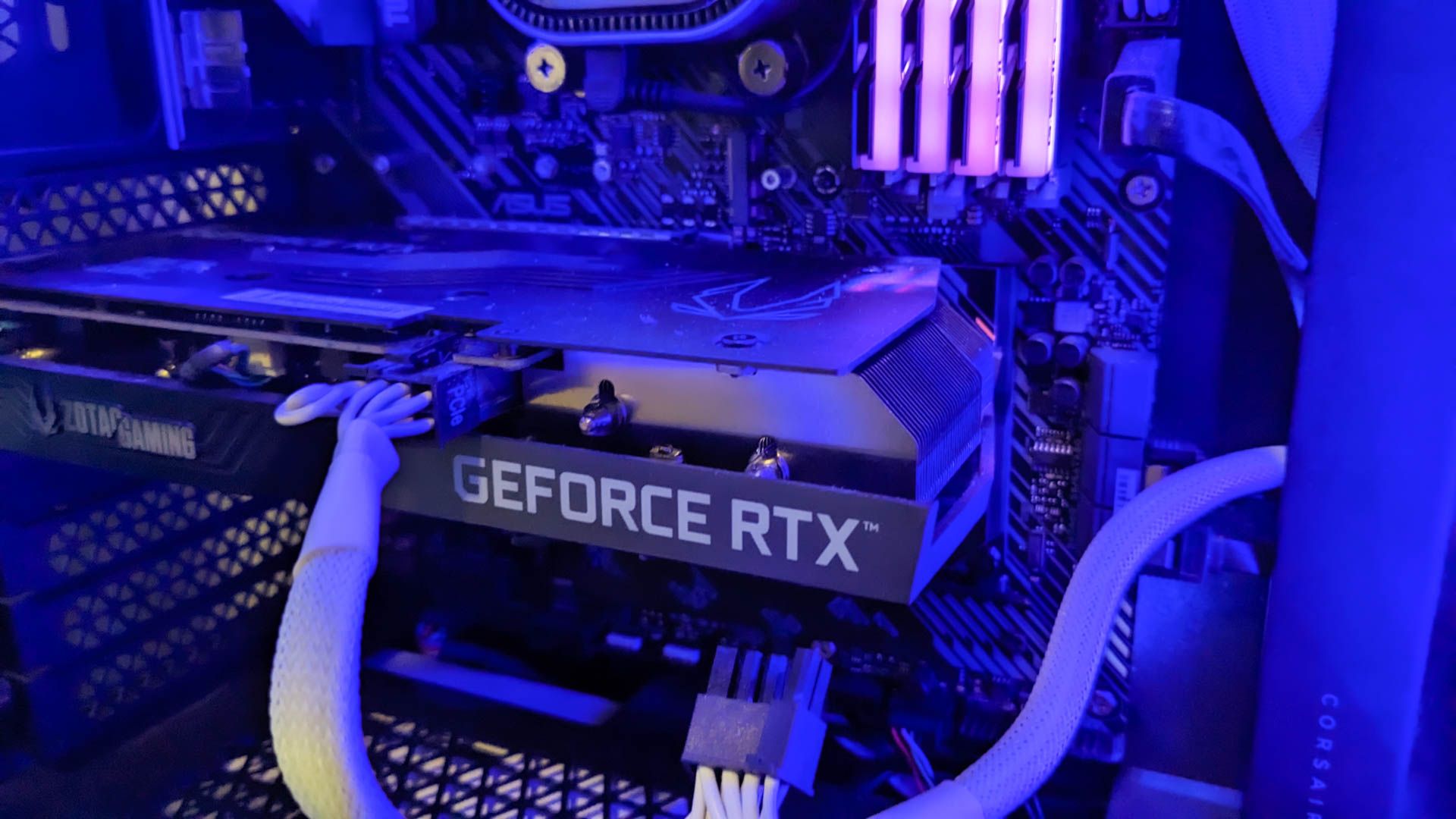Building your own PC means spending a lot of money on things you just can't cut corners with: the CPU, the graphics card, storage, and your power supply—there's no avoiding a hefty cost for these parts. But you can offset the cost of those components by going cheap on other parts.
When building your dream machine, you want a case that looks amazing and has a bunch of nifty features. But if you are building a PC on a budget, this is definitely a component that you can cheap out on. It's just the container that holds all of your parts. It doesn't actually do anything valuable that requires it to cost over a $100.
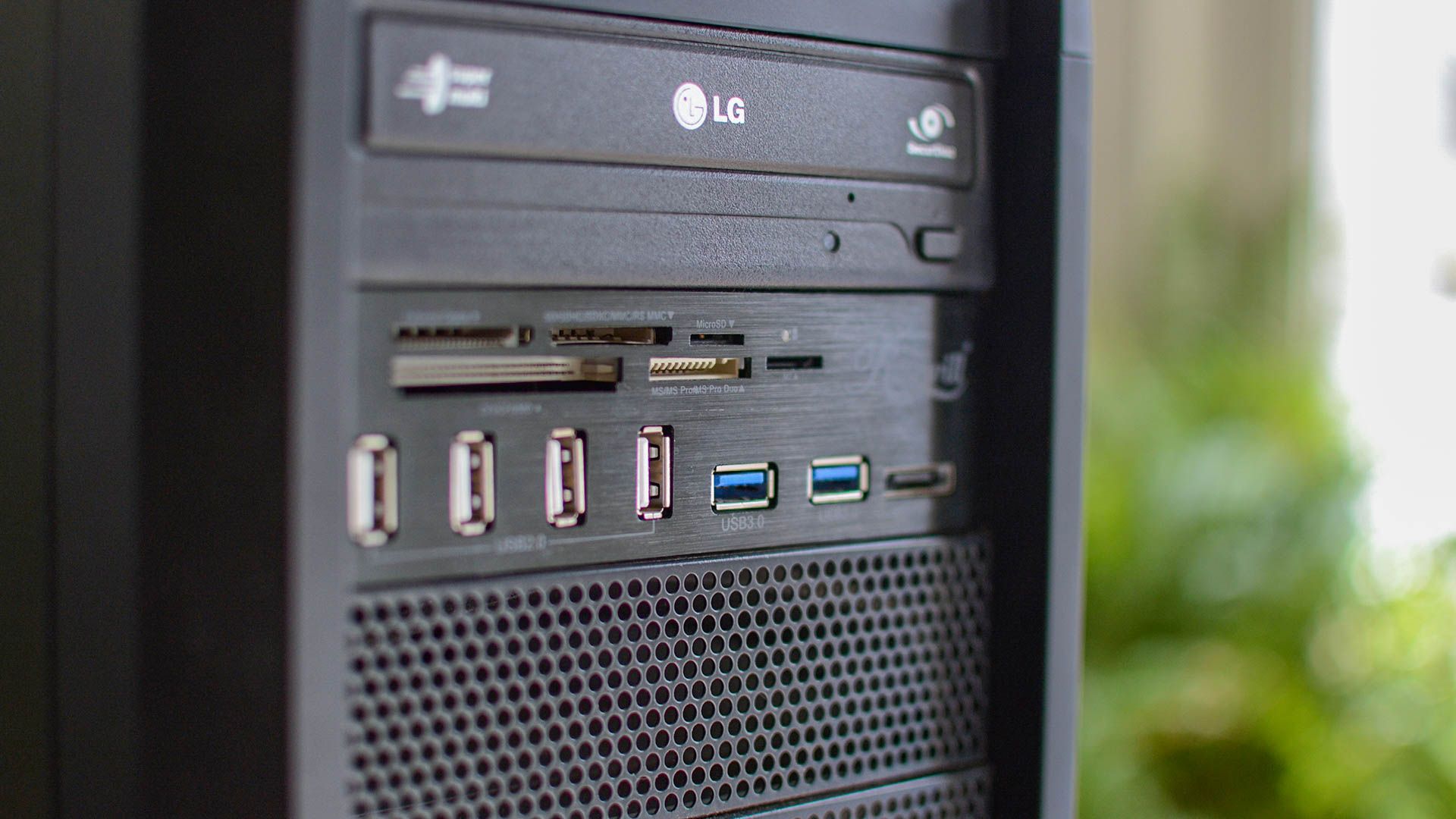
Admittedly, cheap PC cases used to be rightfully considered subpar and low-quality. But we live in the here and now, where affordable cases offer everything you need, including sufficient airflow, cable space, and component clearance. Cases that cost less than $50 can give you all of that. If you want to go a little higher, you should never have to go over $100. Brands like Ant Esports, Antec, Corsair, Cooler Master, and Galax all have excellent affordable PC cases.
Will they be the most aesthetically awesome case money can buy? No. But if you're trying to save your budget for things that actually matter, why not shave $50 off the case and put it toward a graphics card instead?
4 Cheap CPU Coolers Still Get the Job Done
Many ideas of what PC parts need to be expensive are colored by older technology and concerns that just don't exist anymore. CPU cooling just isn't as big of a problem as it used to be, even if you're building an impressive rig. Sure, you could spend $450 on a high-end liquid cooler, but you'll probably be just fine with a $35 air cooler. Even if you're using an 8-core CPU, a $45 cooler can almost certainly handle the toastiness.
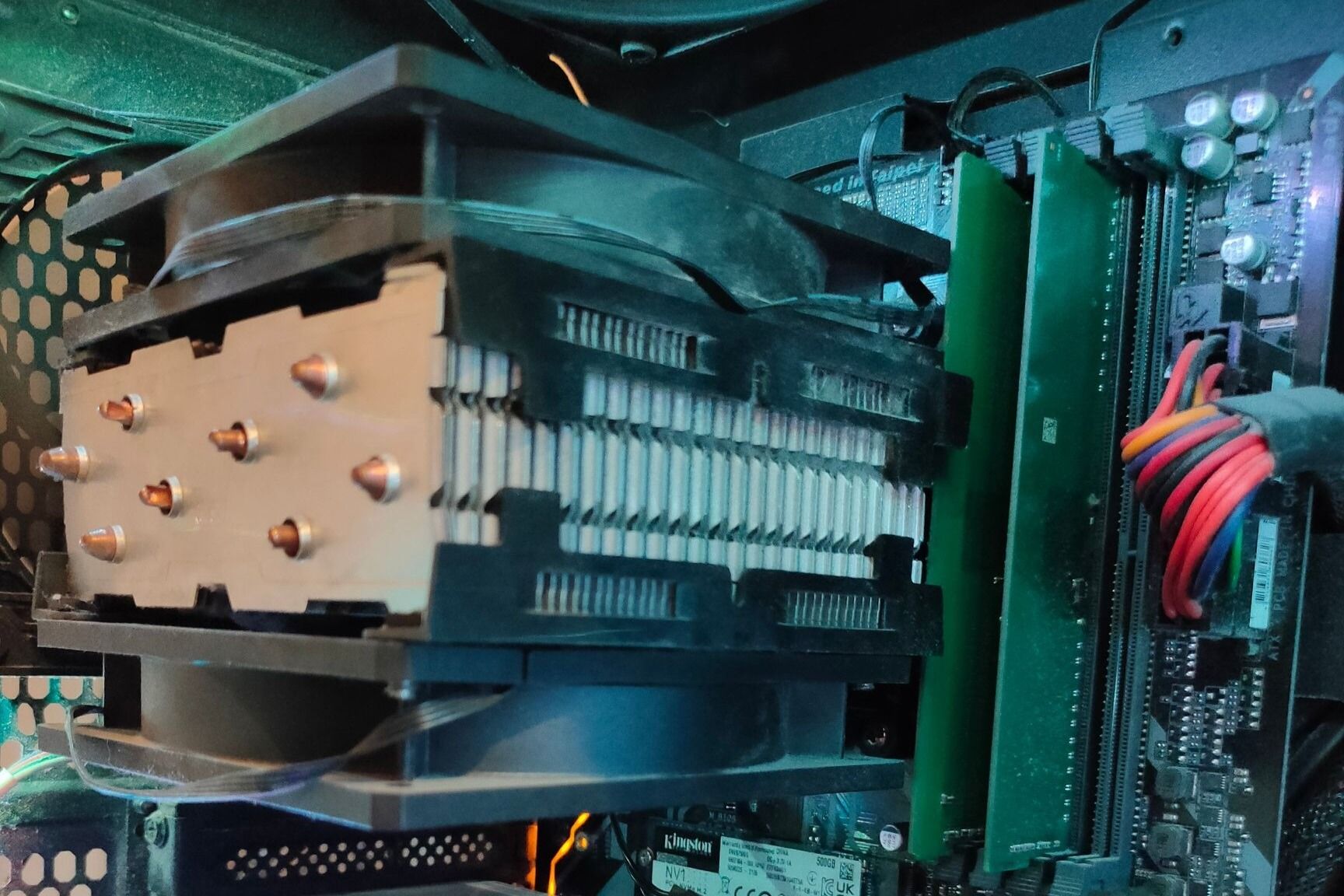
A lot of people building their own PC love the idea of a 360mm AIO cooler, and I get it; it's a pretty awesome piece of tech, and it feels cool to say you have one. But it's really huge overkill for most PCs. Even the idea that liquid cooling is inherently better than air cooling is rooted in the distant past and is no longer true. Not only have air coolers become more powerful and efficient over the years, but CPUs have better thermal regulation than they used to as well.
All in all, you can definitely save hundreds of dollars on a CPU cooler if you focus on what you actually need instead of what looks the coolest or is the most fun to brag about to your friends.
3 A Cheap Fan is as Good as Any
Fans are one of those components that don't need to be complicated. Yes, you can spend a ton of money on the most advanced fans out there, but you rarely actually need anything above the cheapest. If you have all the money in the world to blow, than sure, min-max your case fans by comparing acoustics, materials, static pressure and all that other good stuff. But if you're on a budget, just keep it simple.
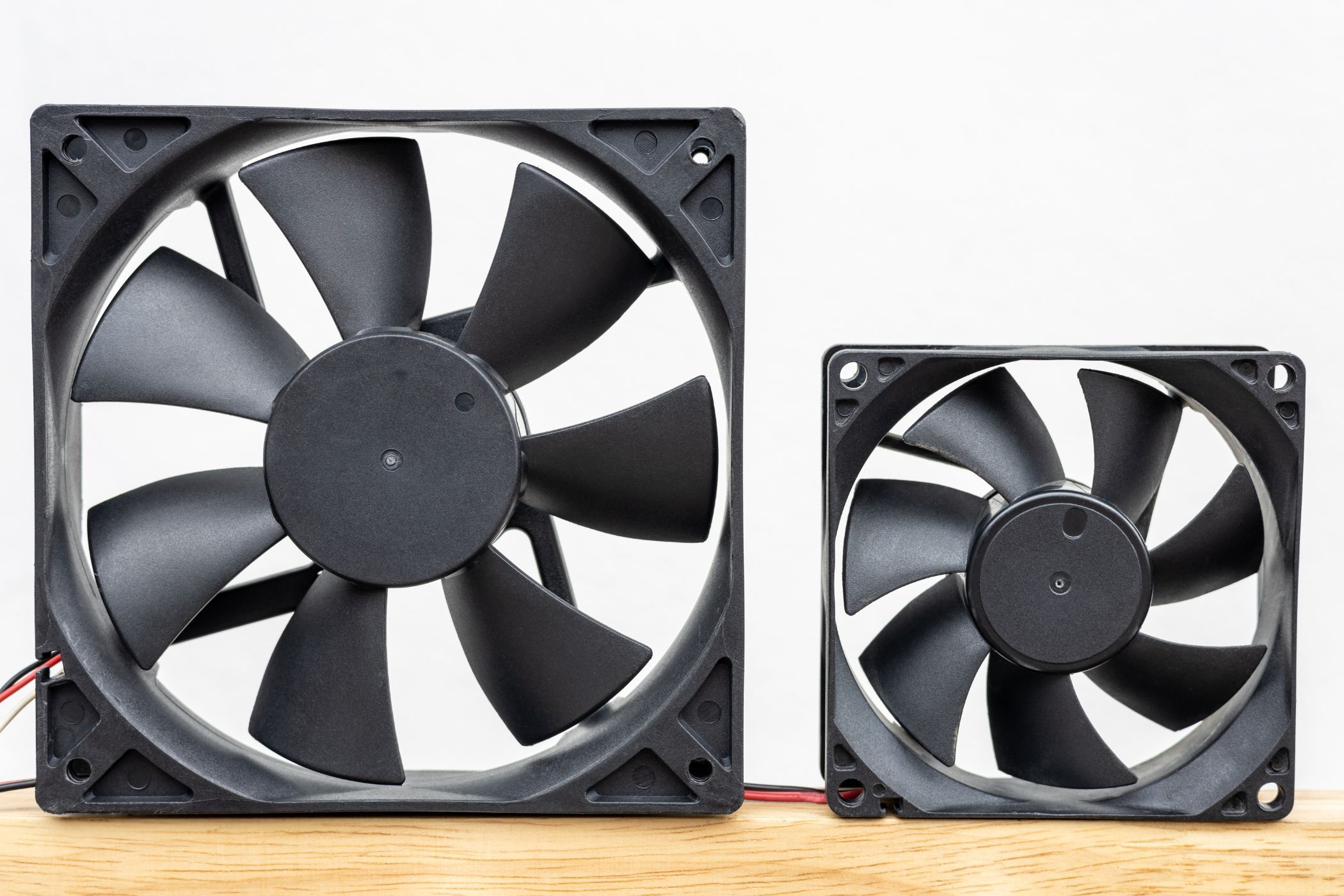
Most of the time, the fans that come in an affordable PC case are plenty efficient and quiet. I've never even replaced the fans in mine, and I've never had one malfunction or get super noisy in the past five years. While cheaper fans may not last as long as the more expensive ones, they still last several years on average, and most gamers won't push their fans hard enough to cause some sort of early malfunction.
If you really want to pick out your own fans, just keep it simple. There are plenty of RGB fans from brands like Thermalright or Arctic that satisfy in every functional regard. This is one component you just don't need to blow a ton of money on; most fans these days blow just as good as any other, with the more expensive ones offering marginal benefits at best.
2 Motherboards Don't Need to Drain Your Wallet
Some people would condemn me outright for saying you can cheap out on the motherboard. It's one of the most important components to a PC, right? Well, I'm not saying you should always go cheap on this, but it really just depends on what you are doing with your PC. If you're running a very high-end CPU and overclocking your processors, then sure, you might want to go for one. But otherwise, you don't need an expensive motherboard.
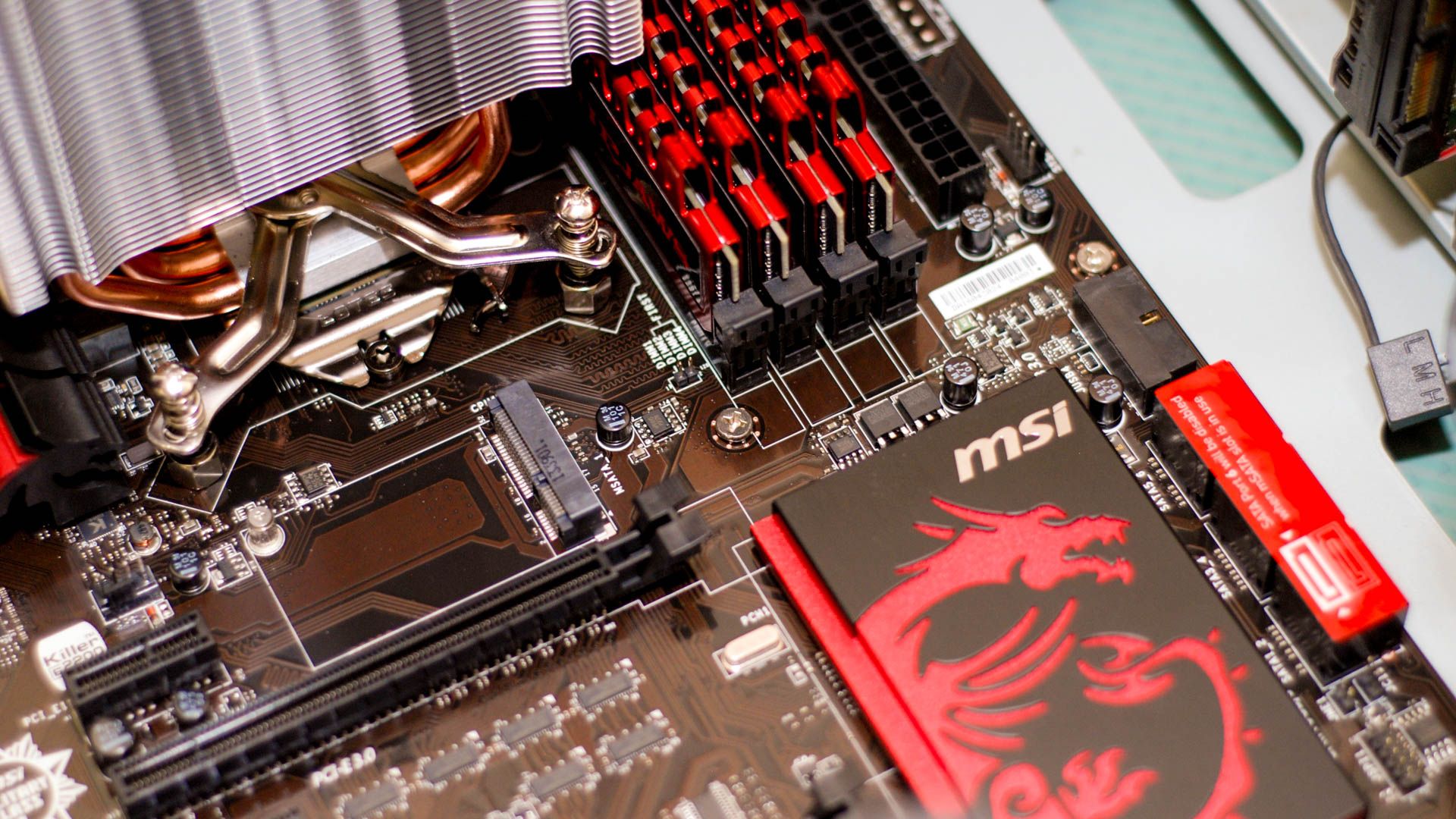
Just look for a $130-$150 motherboard; it has all the features most gamers need and won't negatively impact your performance either. A motherboard at this price will still get you onboard Wi-Fi, plenty of Gen4 M.2 ports, decent VRMs, and 2.5Gb Ethernet. Some AMD boards at that price will even come with a long-lasting socket. Sure, maybe you won't be able to get a Gen5 SSD or VRMs that are massive overkill, but you only need those things if you're going on the extreme end of PC gaming, and most people aren't.
Like many other components, the general quality of motherboard builds has gone up recently, meaning you can get quality boards for under $200. Especially these days, when you can find plenty of reviews and customer ratings to confirm whether or not a component is reliable and trustworthy.
1 You Just Don't Need That Much RAM
Your RAM is pretty important, make no mistake. But it gives you diminishing returns. It is a good idea to have 32GB of DDR5, but that's about all you need for the vast majority of modern computer use, even in AAA gaming. Almost nothing requires 64GB of RAM to play, and certainly not 64GB of DDR5. There's just no reason to pay for that much RAM. And sure, you could spend $150 on a 32GB kit with 6,000MT/s, but you can get that for under $100 as well.
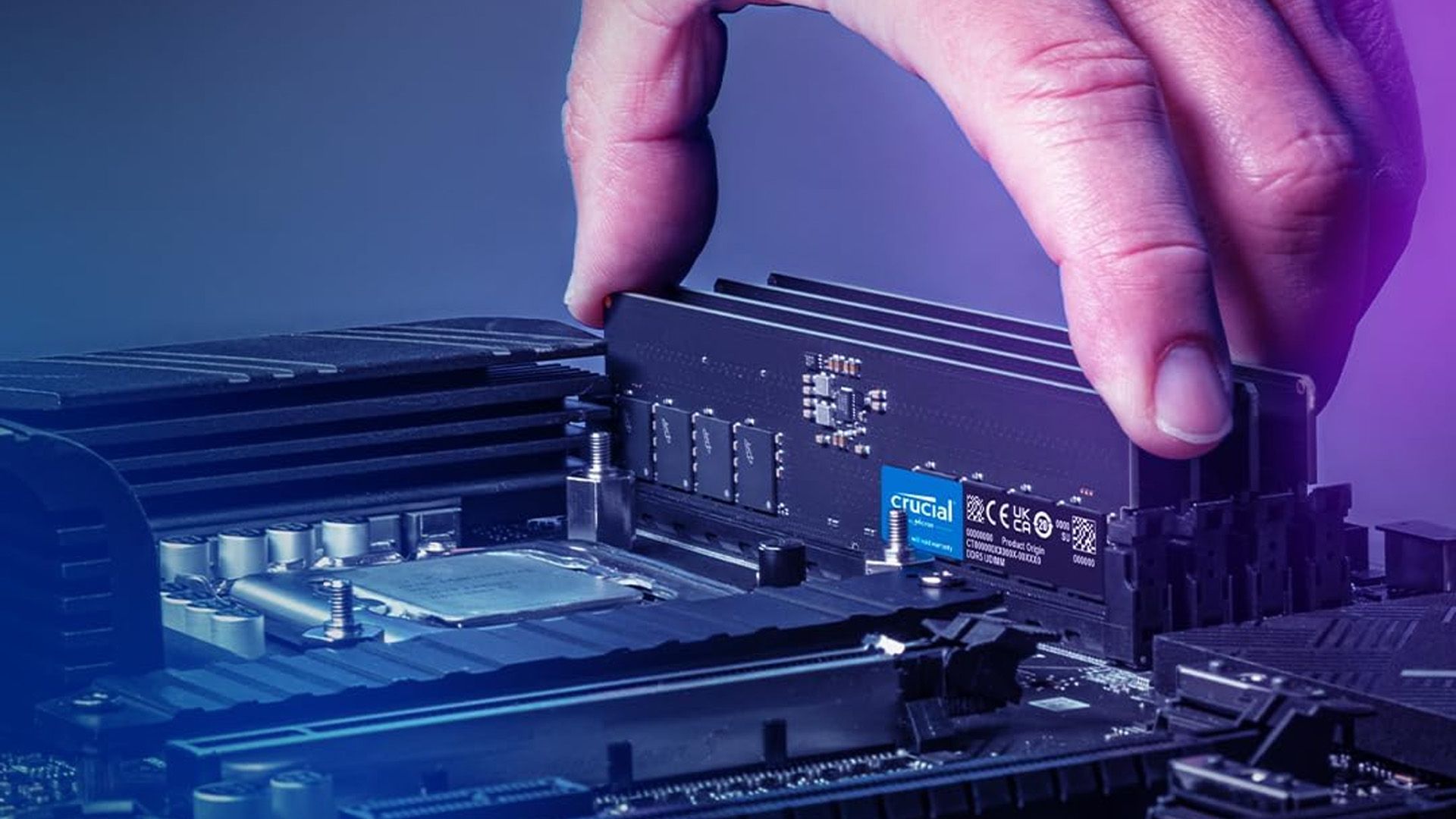
For example, there are brands on Amazon like Teamgroup and Crucial that offer 32GB of DDR5 at around $80. Even CL30 kits are usually only around $100. If you choose RAM kits that don't have unnecessary heat sinks, you can save yourself even more money. Ultimately, RAM is one of those things where having more of it than you need doesn't really do that much for you. If you have enough RAM to play the games and run the programs you want, having double that much RAM will only provide barely noticeable returns.
In fact, having too much high-speed RAM can even cause problems for your computer if you plan on overclocking it. With even the most demanding AAA games these days only recommending 32GB of RAM, just pay for what you need. It will be quite some time before games regularly need 64GB of RAM, so there's no point in getting that much now when you probably aren't going to need it for any game you're going to play in the near future.
Ultimately, there are many, many components to a PC that you shouldn't be cheap with. But in order to save money for those components, you should be cheap with what you can. These days, buying something affordable doesn't mean buying poor quality. There are plenty of great PC parts you can buy at an affordable price if you know where to look, especially if you wait for deals or sales where you can get them for even cheaper. If you're on a budget, building your own PC doesn't have to be a pipe dream.


